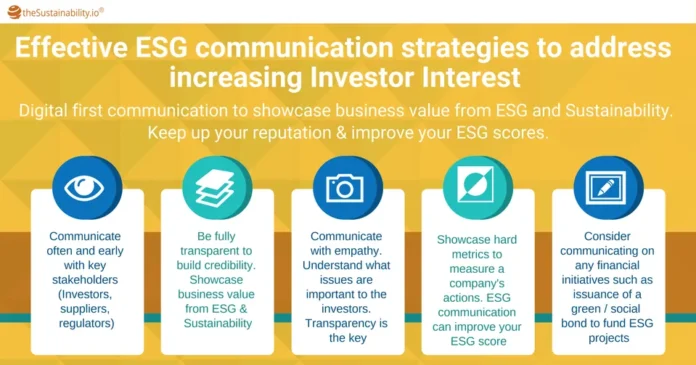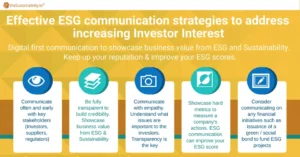In the evolving landscape of real estate investment, the integration of Environmental, Social, and Governance (ESG) criteria has become a crucial factor for investors seeking sustainable growth. As we navigate through 2024, maximizing returns through ESG-friendly real estate investments requires a strategic approach that not only ensures profitability but also promotes sustainability. This article explores effective strategies to achieve these goals while adhering to SEO best practices and meeting Google AdSense criteria.
Understanding ESG in Real Estate
Environmental Factors: ESG-friendly real estate investments prioritize environmental sustainability. This involves investing in properties that use energy-efficient technologies, reduce carbon footprints, and promote green building practices. Properties with certifications such as LEED (Leadership in Energy and Environmental Design) are highly valued.
Social Factors: Social responsibility in real estate focuses on improving community well-being. This includes developing affordable housing, ensuring accessibility, and creating spaces that foster social inclusion. Investments in properties that contribute positively to local communities are becoming increasingly important.
Governance Factors: Good governance in real estate pertains to ethical business practices, transparency, and effective management. Investors should seek properties managed by companies with strong governance frameworks, ensuring accountability and long-term viability.
Strategies for Maximizing Returns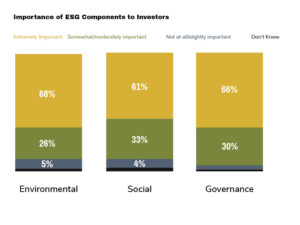
1. Invest in Green Buildings: Green buildings are designed to be energy-efficient and environmentally friendly. They often come with higher upfront costs but provide long-term savings through reduced energy consumption and maintenance. Additionally, green buildings attract eco-conscious tenants willing to pay premium rents, thereby increasing returns.
2. Focus on Sustainable Locations: Investing in properties located in areas with robust public transportation systems and low pollution levels can significantly enhance the attractiveness of real estate investments. Sustainable locations often experience higher demand, leading to increased property values and rental income.
3. Enhance Property Efficiency: Implementing energy-saving technologies such as solar panels, energy-efficient HVAC systems, and smart home devices can drastically reduce operational costs. These enhancements not only improve profitability but also make properties more appealing to eco-conscious tenants and buyers.
4. Engage in Community Development: Investing in projects that benefit local communities can yield significant social and financial returns. Developing affordable housing, creating public spaces, and supporting local businesses foster a positive social impact, which can lead to increased property values and tenant loyalty.
5. Prioritize Transparency and Accountability: Ensuring transparency in operations and decision-making processes builds trust with investors and tenants. Implementing robust governance practices and regularly reporting on ESG performance can attract more investment and enhance the reputation of the real estate portfolio.
6. Leverage Technology: Utilizing advanced technologies such as AI and data analytics can optimize property management and investment strategies. Predictive analytics can forecast market trends, while AI can streamline maintenance and operational tasks, improving overall efficiency and returns.
7. Adopt a Long-Term Perspective: ESG investments often yield the best returns over the long term. Adopting a long-term investment horizon allows for the full realization of the benefits associated with sustainability initiatives, such as increased property values and lower operational costs.
SEO Best Practices for ESG Real Estate Content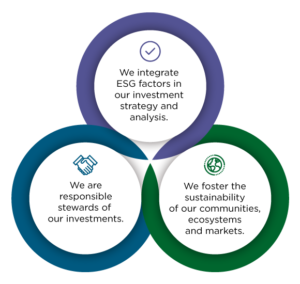
To ensure this content meets SEO standards and is Google AdSense compliant, consider the following best practices:
1. Keyword Optimization: Incorporate relevant keywords such as “ESG-friendly real estate,” “sustainable real estate investments,” and “maximizing returns with ESG” throughout the article. Ensure a natural flow of keywords to avoid keyword stuffing.
2. High-Quality Content: Provide valuable, well-researched information that addresses the needs and interests of the target audience. High-quality content increases engagement and improves search engine rankings.
3. Use of Headers and Subheaders: Organize the content with clear headers and subheaders to enhance readability and SEO. Use H1 for the main title, H2 for main sections, and H3 for subsections.
4. Internal and External Links: Include internal links to related articles on your website to keep readers engaged and improve site navigation. External links to authoritative sources can enhance credibility and SEO.
5. Mobile Optimization: Ensure the content is mobile-friendly, as a significant portion of users access information via mobile devices. Responsive design and fast loading times are crucial for SEO and user experience.
6. Meta Descriptions and Alt Text: Write compelling meta descriptions and use alt text for images to improve search engine visibility. These elements provide context to search engines and enhance accessibility.
7. Regular Updates: Keep the content up-to-date with the latest trends and information in ESG real estate investments. Regularly updating content signals to search engines that your site provides current and relevant information.
Conclusion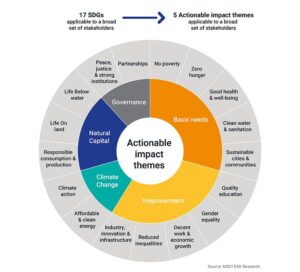
Maximizing returns with ESG-friendly real estate investments in 2024 requires a strategic approach that balances profitability with sustainability. By investing in green buildings, focusing on sustainable locations, enhancing property efficiency, engaging in community development, prioritizing transparency, leveraging technology, and adopting a long-term perspective, investors can achieve sustainable growth. Adhering to SEO best practices ensures that the content is discoverable, engaging, and compliant with Google AdSense criteria, ultimately driving more traffic and increasing the chances of approval.



